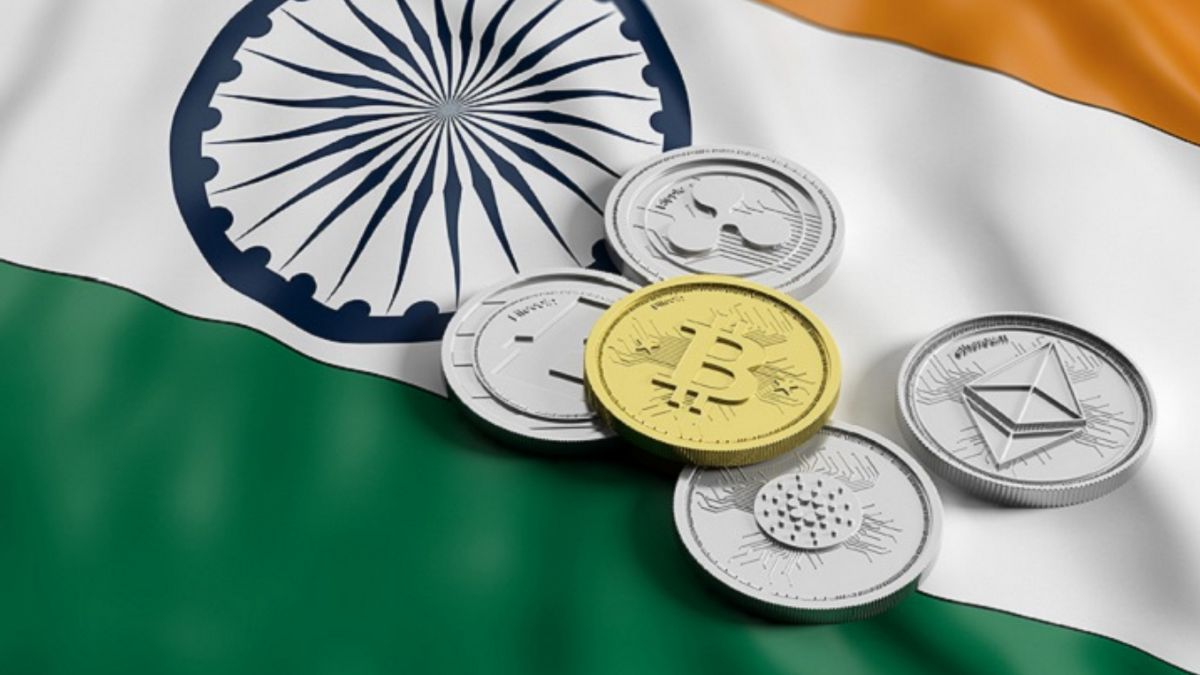JAKARTA - India has shown its tough stance on cryptocurrencies by tightening their surveillance of the domestic crypto industry. Recently, the Indian Financial Intelligence Unit (FIU) has sent a request to India's Ministry of Electronics and Information Technology to block URLs of nine foreign crypto exchanges deemed unlawful.
That way, Indian users will not be able to access a number of leading crypto companies in the world as a result of the demand. The affected crypto exchanges are Binance, Kraken, Huobi, Kucoin, Bittrex, Gate.io, Bitstamp, Bitfinex, and MEXC Global.
FIU stated that the exchanges were not registered as virtual asset service providers (VASP) in India and did not comply with the Money Laundering Prevention Act.
In March, the Indian government required all crypto companies to gather information through a Know Your Customers (KYC) procedure from their users and required to register with FIU. This step aims to align crypto with traditional financial sectors and prevent illegal activities such as money laundering and terrorism financing.
SEE ALSO:
Although the Indian government requires crypto companies to follow these procedures, FIU assesses that there are still several crypto companies from abroad operating in India. These crypto companies are accused of serving Indian users without permission and do not comply with anti-money laundering laws (AML) and Counter Financing of Terrorism (CFT).
FIU sent notices regarding the ban and asked a number of crypto companies mentioned above to explain why they don't have to be blocked in India.
To date, it is not yet known what sanctions will be imposed on these exchanges in addition to blocking URLs. However, based on PMLA, violators can be sentenced to up to 10 years in prison and fines of up to 500 million rupees (around Rp97.2 billion).
Crypto regulation in India is still unclear and often changes. Prime Minister Narendra Modi once stated in August that cryptocurrencies need a global framework and regulation that does not depend on a single country or a group of countries. Shortly after, he also issued warnings about the risks and challenges posed by cryptocurrencies.
India has also imposed a 30% capital income tax on crypto profits, which is higher than tax rates on other investments. In addition, India's central bank governor, Shaktikanta Das, once called crypto a speculative gambling activity that has no intrinsic value.
Despite facing regulatory hurdles, India remains one of the largest crypto markets in the world. According to Chainalysis reports, India led the world in a "grassroots crypto adoption" earlier this year. The volume of crypto transactions in India is estimated at 10.4 billion US dollars (approximately IDR 160.9 trillion) in 2021.
The English, Chinese, Japanese, Arabic, and French versions are automatically generated by the AI. So there may still be inaccuracies in translating, please always see Indonesian as our main language. (system supported by DigitalSiber.id)












